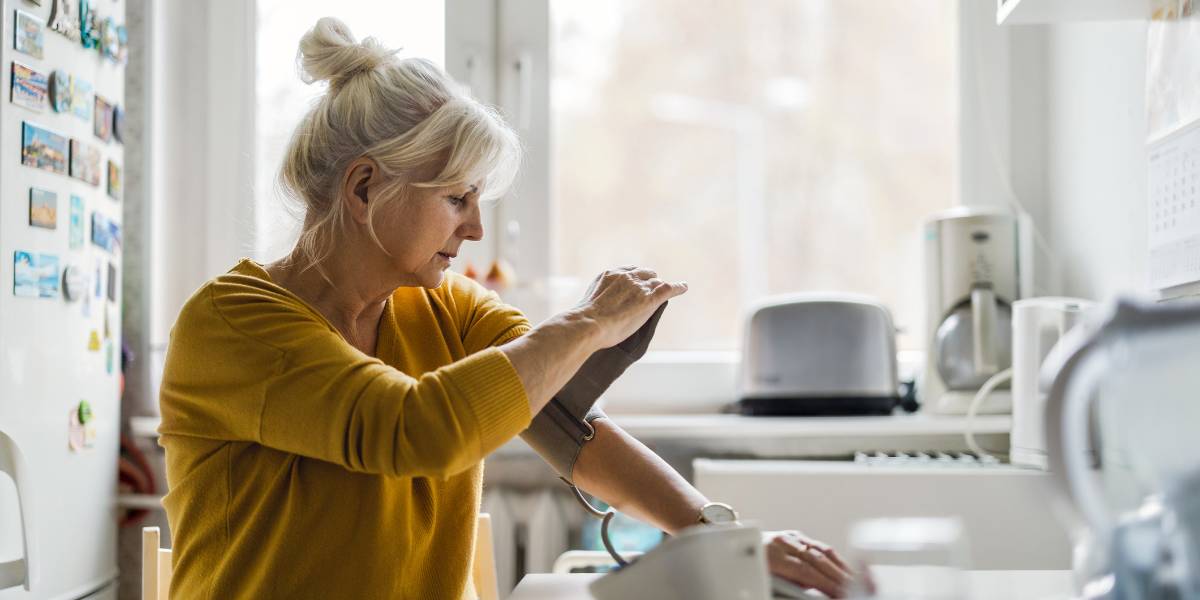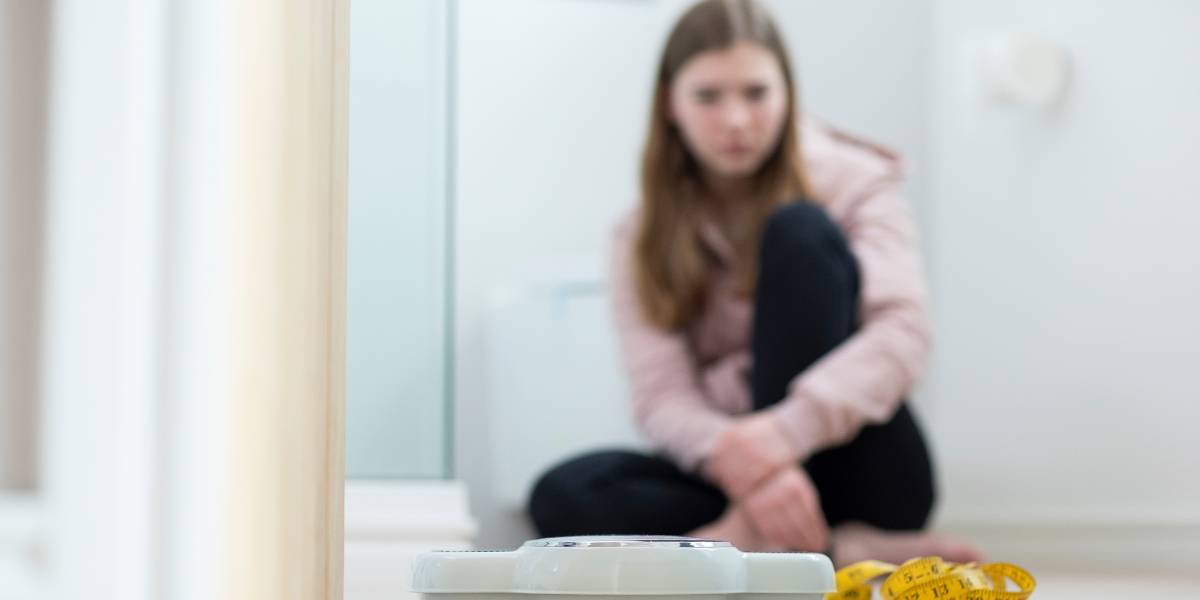Healthcare professionals have issued a warning encouraging women to know their blood pressure to avoid health issues such as heart disease and stroke.
Cardiologists from the European Society of Cardiology (ESC) are urging women to take their blood pressure seriously, especially because the risk of developing heart disease increases at a lower level in women compared to man.
Experts believe that within a few years the normal blood pressure threshold will be lower in women than men.
On World Hypertension Day, doctors shared the advice that women should begin treating high blood pressure (hypertension) when they are middle aged to prevent symptoms, including shortness of breath and tiredness, at an older age.
Professor Angela Maas, emeritus director of the Women’s Cardiac Health Programme at Radboud University Medical Centre in the Netherlands, explained: “Cardiovascular disease is the leading cause of death in women.
“The risk for cardiovascular disease increases at a lower blood pressure level in women compared to men.
“My message to all women is to take your blood pressure seriously, know your values and convince your doctor that if it is too high then you need treatment. Don’t underestimate the long-term effects of high blood pressure.”
She added: “One of the most important consequences of hypertension in women is a type of heart failure in which the heart muscle is stiff.
“There are few treatments for that condition, so if you want to avoid symptoms such as shortness of breath, fatigue and fluid retention when you are over 70, you have to start treating high blood pressure in middle age. If you wait 20 years, it is too late.”
Approximately one third of women across the world have hypertension, which has been labelled as the highest risk factor globally for death in women.
Prof Maas continued: “Despite its importance, we know that hypertension is more often underestimated and not, or insufficiently, treated in women compared to men.
- Cardiovascular disease
- Breathing exercises reduce blood pressure just as much as taking medication or working out, research finds
“One of the reasons may be that below the age of 50, hypertension is more prevalent in men.
“This reverses in the years after menopause so that after the age of 65, hypertension is more common in women than men.”
According to experts, the symptoms of high blood pressure are more pronounced in women but are frequently mistaken for menopause, anxiety or stress.
The symptoms of high blood pressure that young and middle-aged women often report include palpitations, chest pain, headaches, difficulty concentrating, tiredness, hot flushes and feeling like their bra is too tight.
It is more dangerous for middle aged women to have hypertension compared to middle aged men due to the greater risk of heart attacks, cognitive decline and dementia.
In women, the risk of stroke is greater at a lower blood pressure compared to men. Women also are at three times as much risk of heart failure due to high blood pressure compared to men.
Prof Maas said: “Hypertension is currently defined as a systolic blood pressure of at least 140 mmHg and/or diastolic blood pressure of 90 mmHg or higher.
“But discussions are under way about whether normal blood pressure values should be lower in women compared to men.
“More research is needed before there is any change in treatment guidelines but I expect that within five years the threshold for normal blood pressure will be lower in women than men.”
Some risk factors that predispose women to developing high blood pressure includes having migraines from their teenage years, two or more miscarriages and hypertension when pregnant.
“Women have more of those specific life events than men,” said Prof Maas. “Physicians can use these clues to identify middle aged women at higher risk of hypertension and to signal that blood pressure monitoring needs to be taken more seriously.”
The latest advice for women is to monitor their blood pressure annually once they reach the age of 40 if they have a family history of hypertension or had hypertension during pregnancy.
If they had preeclampsia, they are advised to check their blood pressure twice per year from the pregnancy onwards.
All women who have no blood pressure issues in pregnancy or any family history of hypertension are advised to check their blood pressure once per year once they reach 50 years old.






